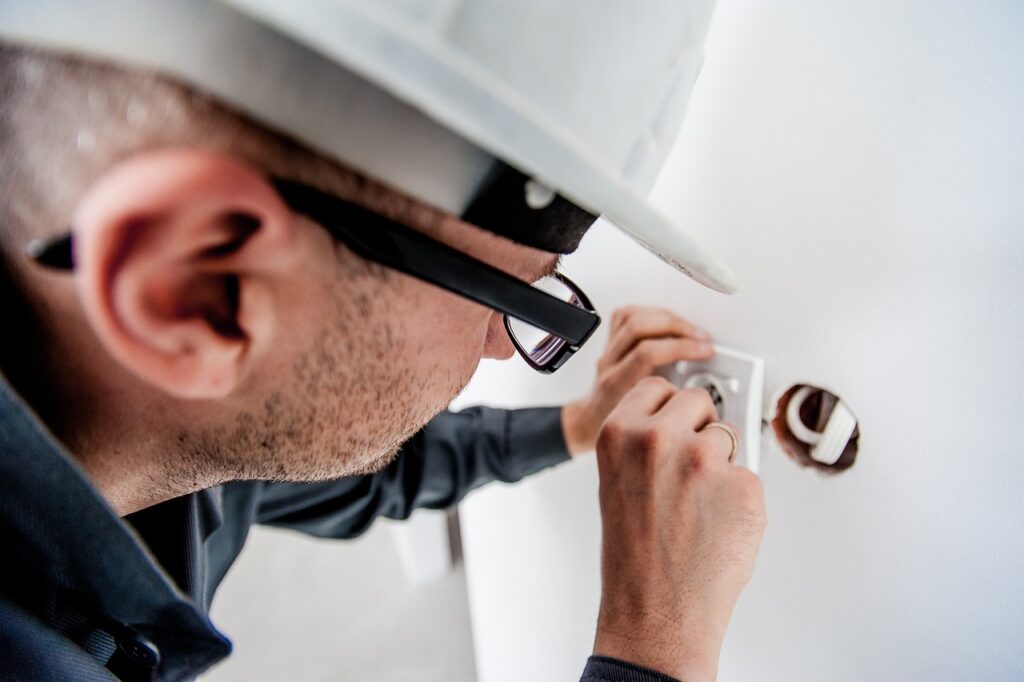Electricity is an essential part of our daily lives, powering our homes, workplaces, and countless devices we depend on. However, it can also pose serious risks if not handled properly. Understanding basic electricity safety tips can help prevent accidents, fires, and injuries. Here are some essential recommendations to keep you and your loved ones safe.
1. Avoid Overloading Outlets
Plugging too many devices into a single outlet or power strip can cause overheating, which may lead to electrical fires. Be mindful of the power capacity of your outlets and distribute appliances across multiple circuits when necessary.
2. Inspect Cords Regularly
Check electrical cords for fraying, cracks, or exposed wires. Damaged cords can lead to electric shocks or fires. If you notice any wear and tear, replace the cord immediately or have it repaired by a professional.
3. Keep Water Away from Electrical Devices
Water and electricity are a dangerous combination. Avoid using electrical appliances near water, and ensure your hands are dry before touching switches or plugs. In areas prone to moisture, such as kitchens and bathrooms, install Ground Fault Circuit Interrupters (GFCIs) for added protection.
4. Unplug Unused Devices
When not in use, unplug appliances and devices to reduce the risk of electrical surges or overheating. This simple practice can also save energy and lower your electricity bill.
5. Use the Right Wattage
When replacing light bulbs, ensure you use the correct wattage specified for the fixture. Using a bulb with a higher wattage than recommended can cause overheating and potentially start a fire.
6. Teach Children About Electrical Safety
Educate children about the dangers of electricity. Use outlet covers to prevent them from inserting objects into sockets and keep electrical appliances out of their reach.
7. Do Not Yank Cords
Always unplug devices by pulling the plug, not the cord. Yanking cords can damage them and expose wires, creating a safety hazard.
8. Hire Qualified Professionals
For any electrical work, repairs, or installations, hire a licensed electrician. Attempting DIY electrical fixes without proper knowledge and tools can lead to accidents and code violations.
9. Be Cautious with Extension Cords
Extension cords are meant for temporary use only. Avoid running them under carpets, rugs, or furniture, as this can cause overheating. Use cords that are rated for the intended use, whether indoors or outdoors.
10. Install Smoke Detectors
Ensure smoke detectors are installed on every floor of your home and near sleeping areas. Test them regularly and replace batteries as needed. Smoke detectors can provide early warnings in case of an electrical fire.
11. Turn Off Power During Emergencies
If an appliance sparks, overheats, or emits a burning smell, unplug it immediately and turn off the power to that area. Do not attempt to use the appliance again until it has been inspected and repaired.
12. Stay Away from Power Lines
Avoid touching or approaching downed power lines, as they may still be live and extremely dangerous. If you see a downed line, report it to your local utility company immediately.
Conclusion
Practicing electricity safety at home and work is vital to prevent accidents and protect your property. By following these tips, you can significantly reduce the risk of electrical hazards. Always prioritize safety, and when in doubt, consult a professional electrician to address any concerns. Remember, a small precaution today can prevent a major disaster tomorrow.

